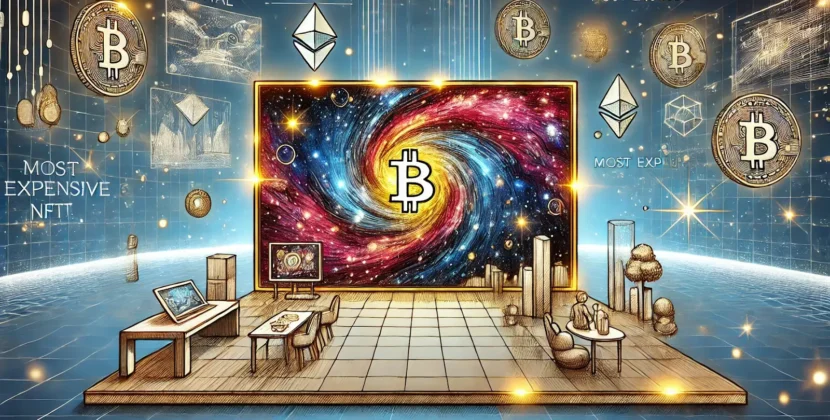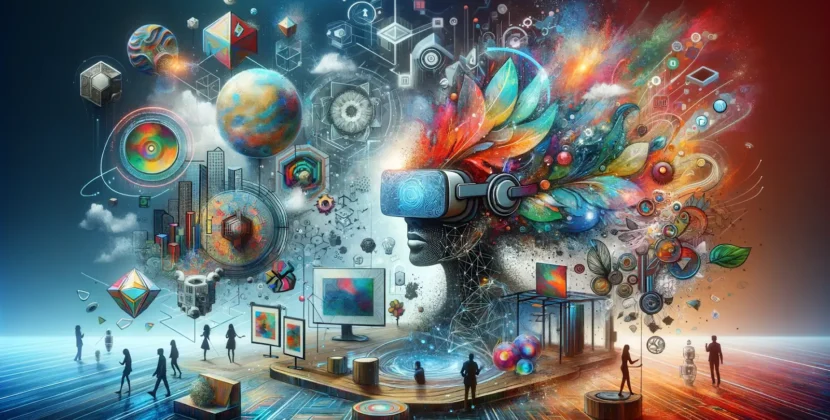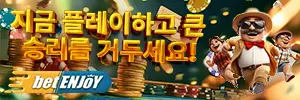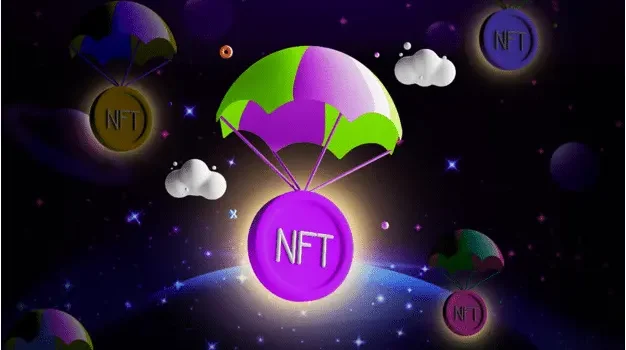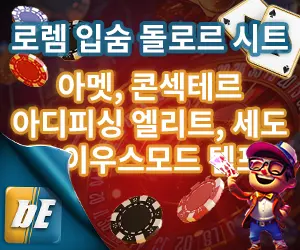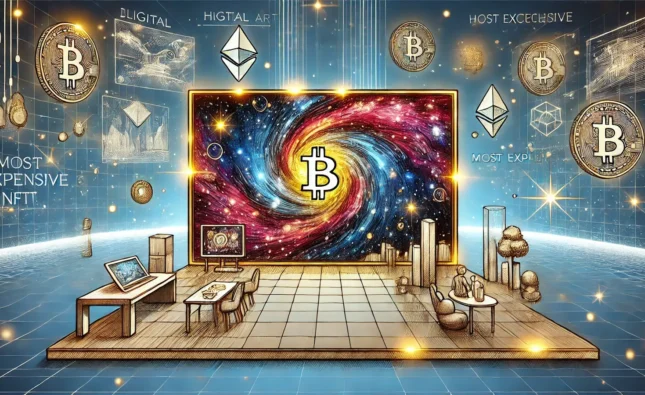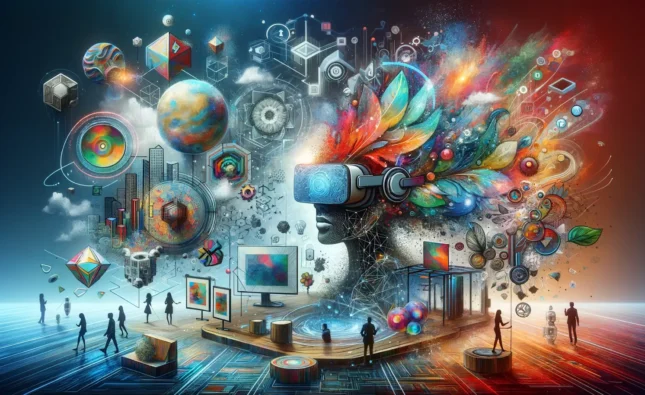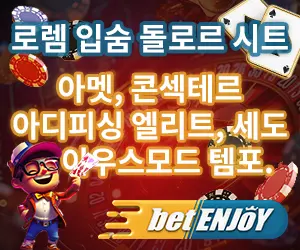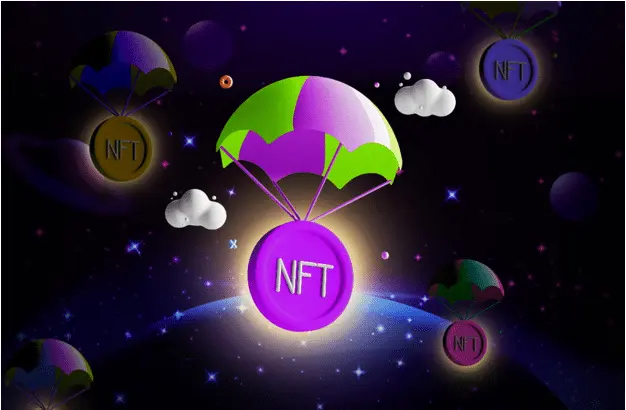
공유하다:
NFTCalendar has emerged as a cornerstone for individuals immersed in the rapidly growing Non-Fungible Token (NFT) ecosystem. This platform serves as a central hub for NFT enthusiasts, collectors, and creators, featuring a range of events, drops, and news updates. Its user-friendly layout and dedication to staying updated on blockchain trends make it an indispensable tool in the NFT space.
Key Features and Offerings
- Event Aggregation
NFTCalendar excels at compiling an extensive list of NFT drops and events across different blockchain platforms. For example, it highlights ongoing and upcoming projects such as Mollis Orbes, Gam3 Awards 2024 Badge, and Frens Factory. These projects span a variety of artistic and thematic genres, from generative animations to community-centric collectibles. By providing detailed timelines and descriptions, the platform caters to a wide audience, ensuring collectors are always aware of new opportunities. - Diverse Blockchain Representation
The platform ensures inclusivity by covering NFTs on multiple blockchains, including Ethereum, Solana, Tezos, and ApeChain. This diversification reflects the evolving nature of the NFT industry, where creators and collectors increasingly experiment with different ecosystems to reduce costs or leverage unique features. - News and Industry Updates
NFTCalendar enriches its offerings with an active news section that keeps users informed about the latest industry developments. Articles such as McDonald’s Feature Doodles for Coffee Cups This Holiday and Animoca Brands Secures $10M in New Funding to Expand Mocaverse showcase the platform’s commitment to delivering current and diverse content. These updates help users stay abreast of collaborations, technological innovations, and trends shaping the NFT landscape. - Community Engagement and Tools
The platform emphasizes community engagement by integrating features like a Discord bot, live mint tracking, and an email newsletter. These tools foster interaction and ensure that users can easily connect with creators and collectors. Additionally, NFTCalendar collaborates with creators to promote events, further cementing its role as a bridge between artists and their audience. - Educational Value
By offering resources such as the NFT Design Awards and a blog, NFTCalendar seeks to educate both seasoned and new NFT enthusiasts. Its mission to demystify the NFT universe aligns with its broader goal of making digital collectibles accessible to everyone.
Strengths of NFTCalendar
- Comprehensive Coverage
With over 49,000 featured drops since its inception in 2021, NFTCalendar demonstrates an impressive capacity for tracking the dynamic NFT market. Its breadth of coverage ensures that users are unlikely to miss significant opportunities. - User-Centric Design
The website organizes information into intuitive categories, such as Upcoming Drops, News and Stories, and Blockchains. This approach simplifies navigation and caters to users seeking specific details. - Verified Drops
The platform emphasizes credibility by marking certain projects as “verified.” This feature builds trust within the community and helps users distinguish between reliable and less credible NFT initiatives. - Global Appeal
By featuring projects from various cultural and artistic backgrounds, NFTCalendar creates a global space for digital art and collectibles. Projects like Glance and Aethra showcase diverse artistic narratives, further enriching the platform’s appeal.
Challenges and Areas for Improvement
- Information Overload
While the platform’s extensive listings are a strength, they can be overwhelming for new users. Implementing advanced filters or personalized recommendations could enhance the user experience by narrowing down choices. - Lack of In-Depth Analysis
Although NFTCalendar provides summaries of projects, it could benefit from offering deeper analyses or expert reviews. This would add significant value for users seeking guidance on which projects to invest in. - Community Moderation
As the NFT space continues to grow, ensuring the integrity of listed projects remains a challenge. Strengthening verification processes and adding more transparency about listed projects could further bolster user confidence.
Conclusion
NFTCalendar is a comprehensive and indispensable resource for anyone involved in the NFT ecosystem. Its robust event listings, diverse blockchain representation, and commitment to fostering community engagement make it a standout platform. However, to sustain its growth and relevance, it could explore enhancements like personalized recommendations and deeper project analyses. As NFTs continue to transform art, gaming, and finance, NFTCalendar’s role in guiding and educating its audience will only grow more crucial.

